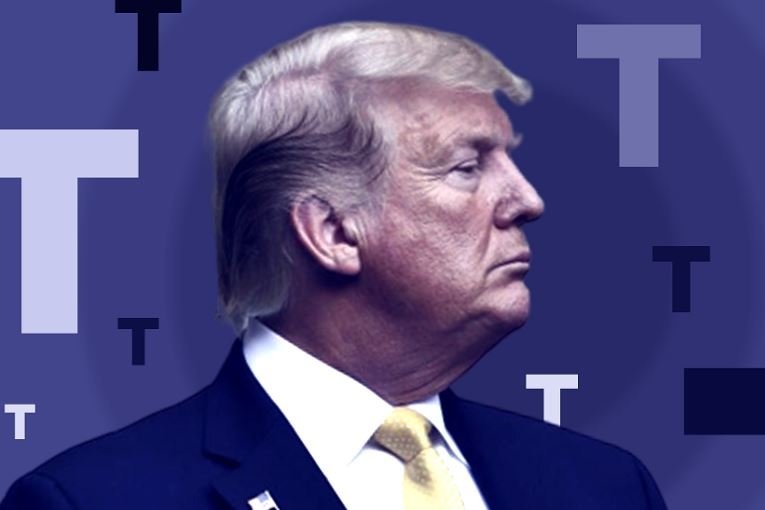China and Mexico reacted on Tuesday after President-elect Donald Trump vowed to launch a trade war against the United States’ top three economic allies.
Trump issued his warning on social media, proposing massive import duties against neighbours Canada and Mexico, as well as rival China, if they do not stop illegal immigration and drug smuggling into the United States.
China reacted that “no one will win a trade war,” while Mexican President Claudia Sheinbaum warned that “for every tariff, there will be a response in kind.”
A Canadian government source claimed Prime Minister Justin Trudeau contacted Trump and had a “productive” conversation but did not elaborate.
Such tariffs have the potential to disrupt the global economy, exacerbate already high tensions with China, and destabilise relations with the United States’ two largest neighbours.
Nervous stock markets had “volatile trading conditions” as they digested the news, according to Fawad Razaqzada, an analyst at City Index.
On his Truth Social platform, Trump announced late Monday that if his vaguely defined criteria were not met, he would impose tariffs when he takes office on January 20, 2025.
The posts indicate Trump’s aim to return to his first-term leadership style, in which he frequently stunned Washington and US allies with unexpected, big policy decisions publicised on social media.
They also verified that Trump is serious about his primary campaign pledge to use the US economic strength as pressure on problems unrelated to trade, specifically his assertion that the US is under attack from foreign crime and hazardous migrants.
On Tuesday, Trump named two key members of his economic team: Jamieson Greer as trade representative and Kevin Hassett as his senior economic counsellor, who would lead the White House National Economic Council.
Both were involved in his first administration, with Greer serving as Chief of Staff to former US Trade Representative Robert Lighthizer.
“I will sign all necessary documents to charge Mexico and Canada a 25 percent tariff on all products coming into the United States,” Trump earlier posted.
“This tariff will remain in effect until such time as drugs, in particular fentanyl, and all illegal aliens stop this invasion of our country!” he said.
In another post, Trump stated that he would impose a 10% duty on China, “above any additional tariffs,” because the world’s second-largest economy failed to prosecute fentanyl importers.
Liu Pengyu, spokesman for China’s embassy in the US, told AFP that “China believes that China-US economic and trade cooperation is mutually beneficial in nature.”
Mexico’s Sheinbaum responded to Trump, saying his tariff diplomacy was “not acceptable” and based on false accusations.
“It is not with threats or tariffs that the migration phenomenon will be stopped, nor the consumption of drugs in the United States,” she said.
Sheinbaum noted that the Mexican narcotics industry largely exists to serve demand in the US.
“Seventy percent of the illegal weapons seized from criminals in Mexico come from your country.
“Tragically, it is in our country that lives are lost to the violence resulting from meeting the drug demand in yours,” she said.
According to William Reinsch, a senior consultant at the Centre for Strategic and International Studies, Trump’s online threats may be bluster—a strategy of “threaten and then negotiate.”
However, Trump’s first term in office was distinguished by an aggressive and protectionist trade policy that included targets such as China, Mexico, and Canada, in addition to Europe.
While in office, Trump initiated a full-fledged trade war with China, placing steep tariffs on hundreds of billions of dollars in Chinese imports.
China replied with retaliatory taxes on American goods, primarily impacting US farmers.
Tariffs, according to economists, can stifle US growth and drive inflation because they are paid for by importers, who frequently pass on the costs to consumers.
Trump has stated that he will put his Commerce Secretary-designate, Howard Lutnick, a China hawk, in control of trade policy.











